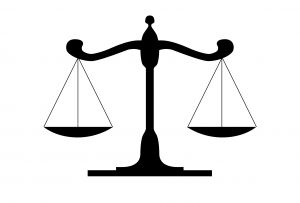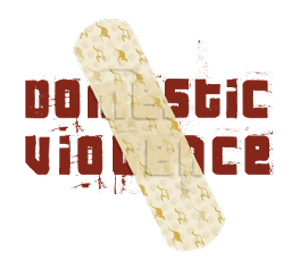 Samad Nesser has tried every legal avenue to prevent his eleven year old son from being taken to France to stay with his mother and her new husband. According to Nesser, his ex-wife has allowed his son to be abused by the new husband, and suffers from sleeplessness and chest pains whenever he returns home from staying with them. Nesser is an American citizen, but his wife is not. The husband, a French citizen, used to live in Palm Beach, Florida, where he was the subject of a restraining order after allegedly breaking into his girlfriend’s home and hitting and pushing her and her elderly mother to the floor. Nesser claims that this same man locked his son in an attic and threatened to kill him.
Samad Nesser has tried every legal avenue to prevent his eleven year old son from being taken to France to stay with his mother and her new husband. According to Nesser, his ex-wife has allowed his son to be abused by the new husband, and suffers from sleeplessness and chest pains whenever he returns home from staying with them. Nesser is an American citizen, but his wife is not. The husband, a French citizen, used to live in Palm Beach, Florida, where he was the subject of a restraining order after allegedly breaking into his girlfriend’s home and hitting and pushing her and her elderly mother to the floor. Nesser claims that this same man locked his son in an attic and threatened to kill him.
Judge Daniel Merrit Jr. has refused to grant requests for a guardian ad litem for Nesser’s son. A guardian ad litem would spend time with the child to determine what that child wants and what is in his best interest. Merrit has also refused to let the child testify in court, and the records of the child’s counseling sessions have not been admitted due to what Nesser claims are stalling tactics on the part of his ex-wife’s attorney. At present, there is no way for Nesser to stop his ex-wife from taking their child back to France with her.
According to Florida law, when two parents have a child in Florida, they maintain their rights no matter where they might move later on. Those rights are recognized regardless of citizenship. If you are involved in a child custody battle, please contact our firm for legal assistance.
 Jacksonville Divorce Lawyer Blog
Jacksonville Divorce Lawyer Blog



 Written by Whitney R. Lonker, Wood, Atter & Wolf, P.A.,
Written by Whitney R. Lonker, Wood, Atter & Wolf, P.A.,



 In Florida, rising tides of
In Florida, rising tides of 
